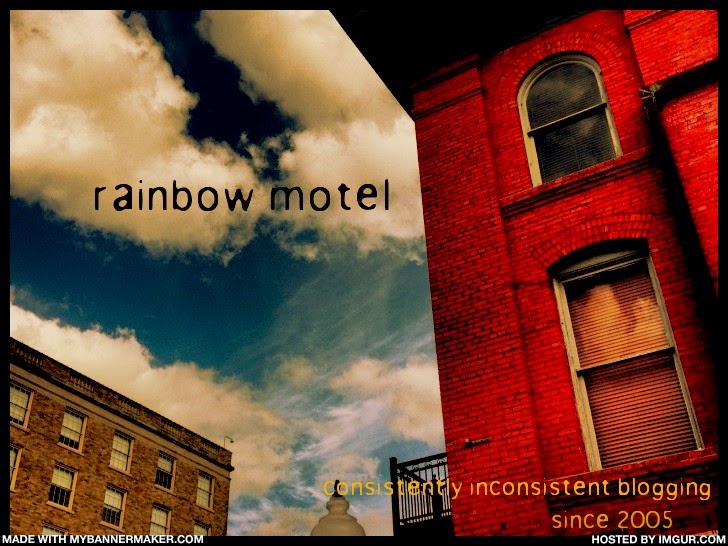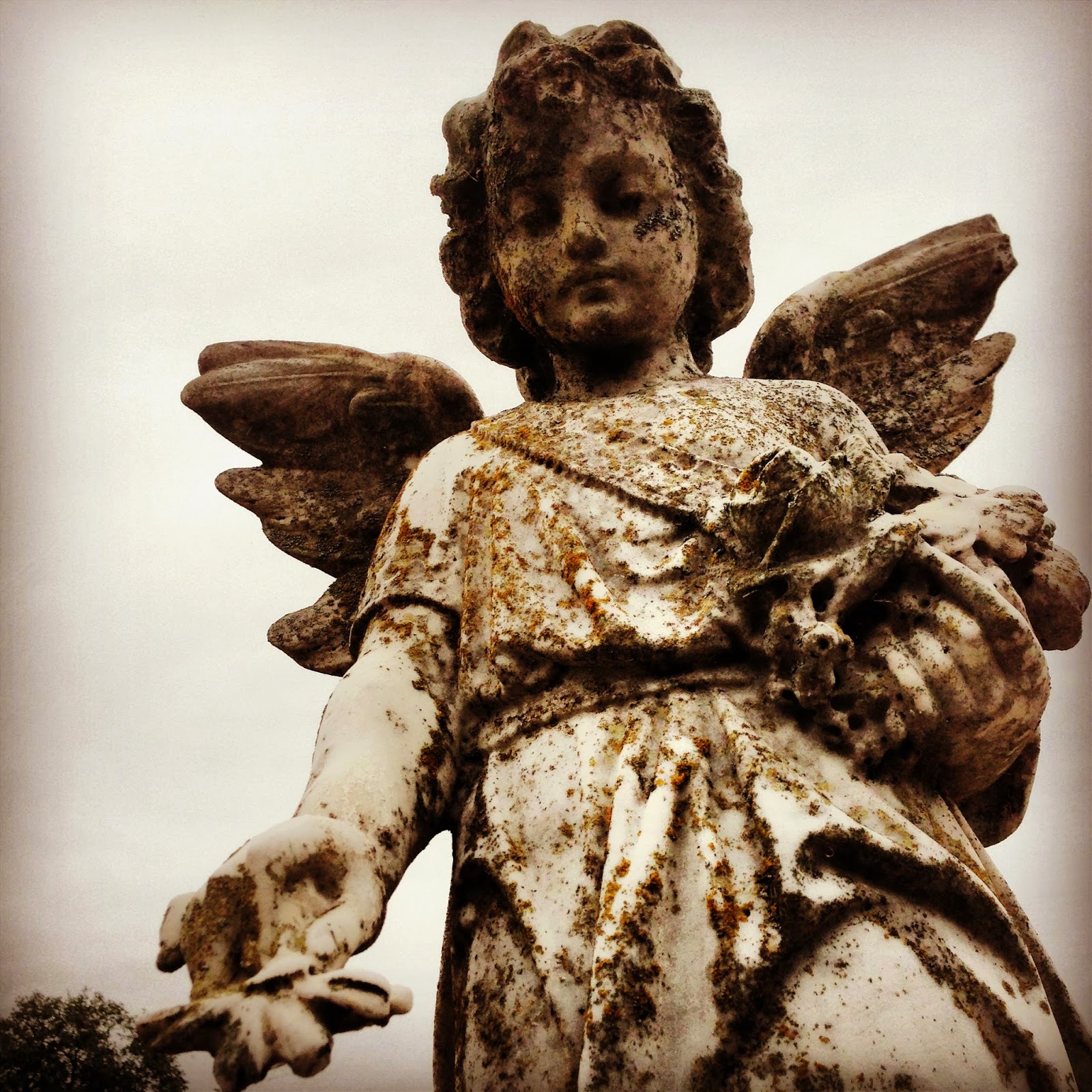Monday, February 24, 2014
Babyland
My parents met during a game of "42" with friends when my father was a college student and Mom, whose parents were unable to afford higher education, was working as a secretary. Despite my father's difficulty with small talk and the fact my mother-- her hair done up in cage rollers-- was clearly not dressed for romance, they eventually fell in love anyway.
A little more than two years later--on February 24th-- they would be headed to the hospital in the same little college town where my father was a fifth year engineering major. Married only eight months and completely inexperienced in the ways of birth control, as only a naive Southern Baptist girl (and her husband) of the 50's could be, my parents became...parents.
For about 24 hours.
Perfectly formed, my tiny sisters very quickly slid into the world with our mother drowsy from medication, but awake, and our father in the waiting room-- pacing, smoking and getting a head start on his future ulcer. Born far ahead of schedule--three months early--they were already in respiratory distress. Medical knowledge being what it was in 1957, there existed no real expectations for their survival. They were, and would be thought so even now, dangerously small. Whisked away the minute they were born, the obstetrician decided that my mother would become too attached to her dying daughters and then become even more upset, should she be allowed to hold them. As if carrying them inside her for six months wasn't enough of a connection.
And so they were whisked away as soon as they took their first shallow breaths and my mother, whose thought processes were so saturated with shock and grief that she could not raise a protest, was denied even the briefest glimpse of their round faces and rosebud mouths or the chance to briefly touch their outstretched fingers with one of hers.
It was my father who would return to my mother's bedside and report the death of their first child later that evening and then then next day, the second one. Women in those days remained hospitalized for at least one week after giving birth and my mother's trauma only guaranteed this. With the help of their minister's wife who found tiny white burial dresses, my sisters were laid at either end of the same infant casket and my stunned young father would be required to grieve for them alone. Surely there were friends there to help him as he selected the grassy patch where they would be buried. A section of the cemetery for death's youngest victims.
Babyland.
As the oldest daughter by default, I was always cognizant of the role that chance played in my birth order, but when I was younger I confess that on more than one occasion I gave voice to the notion that my mother didn't speak out loudly enough for herself or her daughters when her male doctor allowed himself to make such a permanent decision for her. I thought her weak for not insisting that those babies graves be moved when father graduated college and they moved three hours north. And there were even times I questioned how much she could love me--and the two sisters born after--if she could leave behind the first ones. It was an asshole thing to think. I know that now.
As a parent I've learned that you get your guts ripped out a million times...not only on behalf of your children but--sometimes--you get them torn from you by the very ones to whom you gave life. Life is happy one moment and tragic the next. And if you're lucky it evens out eventually. You may walk away from the place where sadness is entombed, but motherhood has taught me that you don't ever forget it. Even on the days when it looks to the outside world as though you're having the time of your life.
It took strength for my mother to come home from the hospital and store away the evidence of anticipated motherhood and again--after my dad graduated--to pack up their tiny apartment and drive with him away from the sunny spot where their daughters lay--named-- under a simply lettered headstone. And then to return years later when my younger sisters and I would attend and graduate from our father's alma mater. Surely the proximity was bittersweet for her. I don't know because she's never said.
Last week my mother, the same woman who was able to pick up and move on after losing children she would never meet, kicked cancer's ass and I was there to see it. What I once thought was her lifelong denial of life's gravity was actually something else entirely: the desire to briefly acknowledge that sadness and death exist and then turn away from the shadows to face the sun.
And after a lifetime of being known as my father's daughter, I find myself envying the power my mother has had all along. Why in hell did it take me this long to see it?
Subscribe to:
Posts (Atom)


